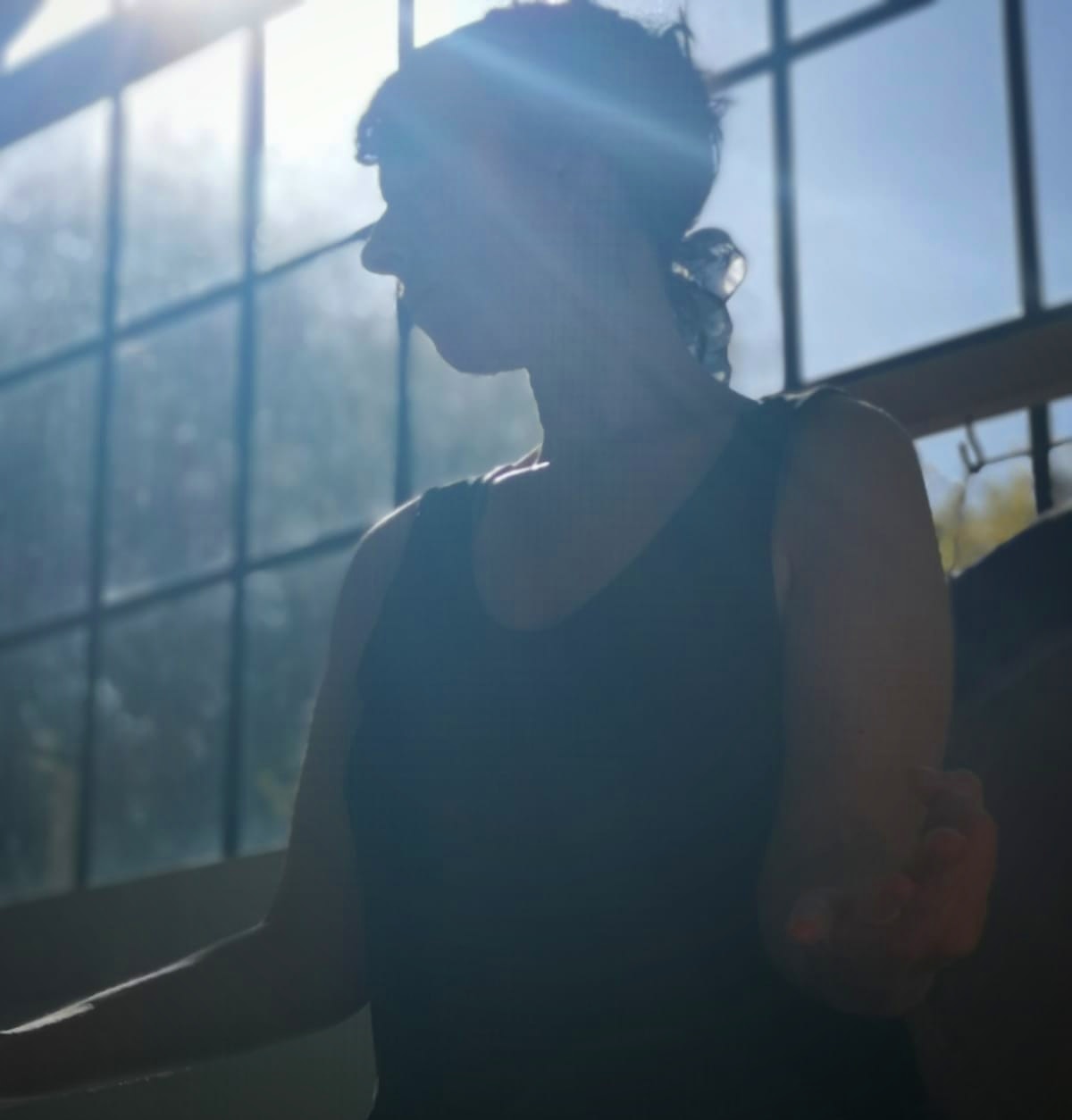We have this saying, where I live in Belgium, that Antwerp is for living and Brussels is for working. Over time I have come to realise that having a clear distinction (living vs. working) has really contributed to balancing my wellbeing. But I cannot say the same for many of my friends and colleagues who live and work in Brussels. Living and working has become a blur, where sacrificing outside interests (the living part) for the sake of work, has become the norm. Inevitably, ignoring the signs which can lead to burn-out. It seems we also have a mountain of excuses when it comes to our wellbeing.
Like those frequent headaches (it’s stress right?), those constant colds (it’s that time of year, of course), suppressing feelings (well, we all do that, don’t we?), lack of energy (I probably need more iron or another coffee), not being able to sleep (doesn’t everyone have that problem?), always feeling tired (again, doesn’t everyone have that problem?), feeling dizzy (I guess I need more sleep), stomach aches (something is not agreeing with me, maybe I’m gluten-intolerant? ) and the list goes on. We ignore the emotional and physical symptoms and for what? To climb the career ladder while sliding down the bannister in our own mental health.
Doing takes over feeling
Meanwhile, our intuition screams out to listen but it’s been forcibly placed on mute because there’s an overloaded inbox, still, ten emails to send, meetings to attend, deadlines to meet and that niggling feeling that something is wrong with our mental, emotional and physical health… well, that’s just not on the ‘to do’ list today, or tomorrow come to mention it.
In fact, as I write this I feel palpitations just thinking about how our ‘doing’ list takes over our ‘feeling’ list. I have noticed this last year how the terms we use to describe how we are, are changing. It used to be that colleagues would say; “Busy” in response to the question of “How are you?” Now people are starting to respond with “Stressed” but said with a chuckle to downplay it. It begs to differ what word will be next. Are we to also downplay “feeling burned out?”
The spacious mind
I see so many colleagues not even stopping to take a pause. Of course, I am not immune to feeling overwhelmed and stressed with a mounting workload. But I do have my coping mechanisms in place. For instance, when I worked as an editor and trainer at the European Commission, I would leave reminders on my desk to take frequent pauses, things like essential oils (lavender for feeling calm, citrus for feeling uplifted) as well as a pack of meditation cards (with meditations such as ‘spacious mind’ which is good if you are feeling stressed or hemmed in by worries or constant thinking – see example at the end). At first, colleagues would laugh at the props on my desk but then gradually started asking to borrow a meditation card or to smell an essential oil, which would make a difference to the mood.
I can tell you, that breathing exercises and meditation are wonderful ways of distressing and we should be encouraged whenever stress starts to over-ride our calm. Inevitably slowing down (even for a short time) holds so much value in our overall wellbeing, as you can really process what you are feeling. Something we are often too busy to do. It allows us to un-mute our intuition and really listen to that inner voice.
Slowdown and Pause for Breath….
A Spacious Mind Meditative Breathing Exercise
1. Begin by focusing on your breath and counting just the out-breath up to 10 (then repeat).
2. As the breath slows down become aware of the calmness and space that arises at the end of the out-breath. Then, let yourself float deeper and deeper into that feeling and space. Imagine your breath flowing out into a vast area filled with light.
3. With each breath fill your chest expand and feel yourself relax more and more.
4. If thoughts arise refocus on the space, you are creating with the breath
5. Tell yourself that everything is going to be ok. Remain in this calm space as long as you like. When you are ready take a deep breath and end the session.
And another…
The 1-Minute Mindful Breath
This involves counting the breath as it goes in and counting the breath as it goes out. After a minute, you usually find people have a breath count of between 15 and 30 (sometimes more), which is a sign that the body and mind are not calm. However, you can change this by doing the 1-minute mindful breath again and consciously slow down your breathing (remembering how many breaths you took the first time). After that, the count can be anything between 3 to 10 breaths, which is a sign the body has relaxed. I love this exercise because you see the peace in people’s faces when you see how relaxed they have become in just a minute.


